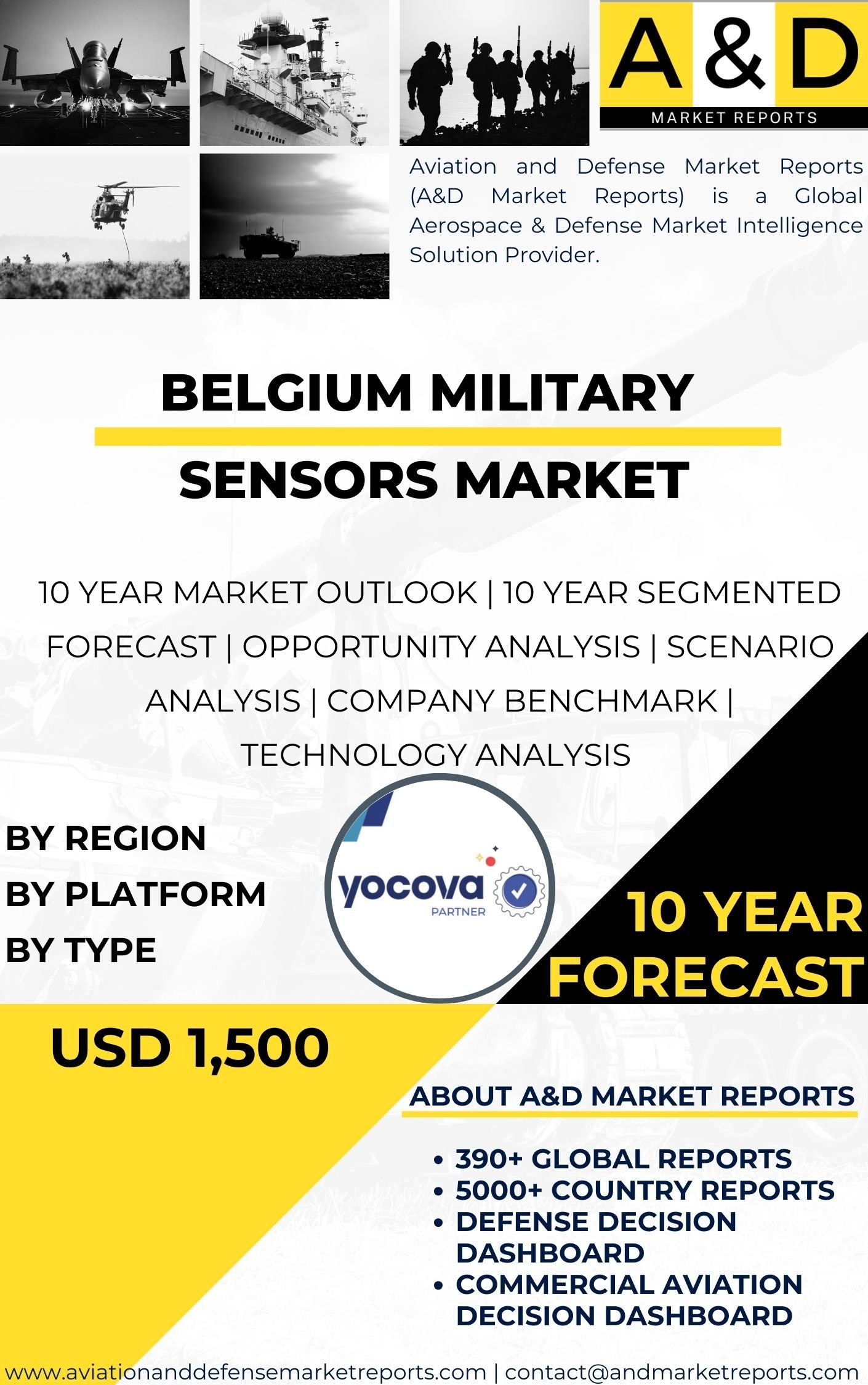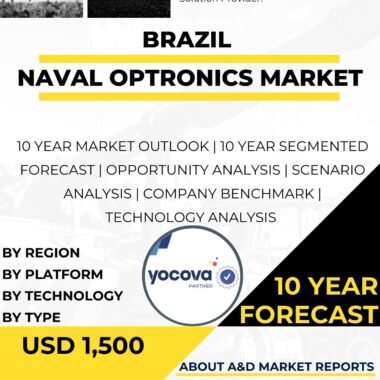Description
The Belgium military sensors market is a crucial segment within the country’s defense industry. Military sensors are advanced technologies that enable the detection, tracking, and monitoring of various targets and phenomena on the battlefield. Belgium recognizes the importance of advanced sensor capabilities in enhancing situational awareness, intelligence gathering, and overall mission success.
The primary driver for the Belgium military sensors market is the need for reliable and high-performance sensor systems that can operate in diverse operational environments. Military operations require accurate and real-time data on enemy positions, movements, and environmental conditions. Sensor technologies enable the collection of critical information, providing the necessary intelligence for decision-making processes and ensuring effective engagement of targets.
Belgium’s domestic defense industry plays a significant role in the development, production, and integration of military sensors. Belgian companies, such as FN Herstal, OIP Sensor Systems, and Thales Belgium, have expertise in sensor technologies and contribute to the country’s defense capabilities. These domestic capabilities foster innovation, create job opportunities, and contribute to the economic growth of the Belgium military sensors market.
Collaborations with international partners and suppliers are also significant for the Belgium military sensors market. Belgium often engages in partnerships with defense companies from NATO member states and other allied nations to access advanced sensor technologies, benefit from joint development programs, and ensure interoperability with allied forces. These collaborations enable Belgium to leverage global advancements in sensor systems and enhance its military capabilities.
Furthermore, Belgium’s participation in multinational defense initiatives influences the military sensors market. Collaboration within NATO and other international defense cooperation programs fosters interoperability, joint training exercises, and the exchange of best practices. This cooperation ensures compatibility and enhances operational effectiveness when conducting joint military operations with allied forces.
The Belgium military sensors market faces challenges such as technological advancements, integration considerations, and cost-effectiveness. Technological advancements in sensor technologies, including improved accuracy, increased sensitivity, and reduced size and weight, require continuous research and development efforts. The Belgium market needs to stay at the forefront of innovation to provide state-of-the-art military sensor systems that meet evolving defense requirements.
Integration considerations are crucial for the successful implementation of military sensors. Belgium’s defense industry must ensure seamless integration of sensor systems with various military platforms, such as land vehicles, aircraft, and naval vessels. Interoperability, compatibility, and efficient data exchange between sensor systems and other onboard systems are essential for effective utilization of sensor data.
Cost-effectiveness is an important consideration in the acquisition and deployment of military sensors. Belgium’s defense industry must carefully manage defense budgets and allocate resources prudently. The cost of developing, producing, and maintaining military sensor systems should be balanced against the need for advanced capabilities, ensuring a cost-effective approach without compromising operational effectiveness.
In conclusion, the Belgium military sensors market is a crucial segment within the country’s defense industry. Advanced sensor technologies provide critical capabilities for situational awareness, intelligence gathering, and effective engagement of targets. Domestic capabilities, collaborations with international partners, and Belgium’s participation in international defense initiatives drive the growth and development of the military sensors market. As defense requirements evolve and technological advancements continue, the demand for advanced and versatile sensor systems is expected to increase, fostering innovation, collaboration, and economic growth within the sector.




